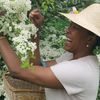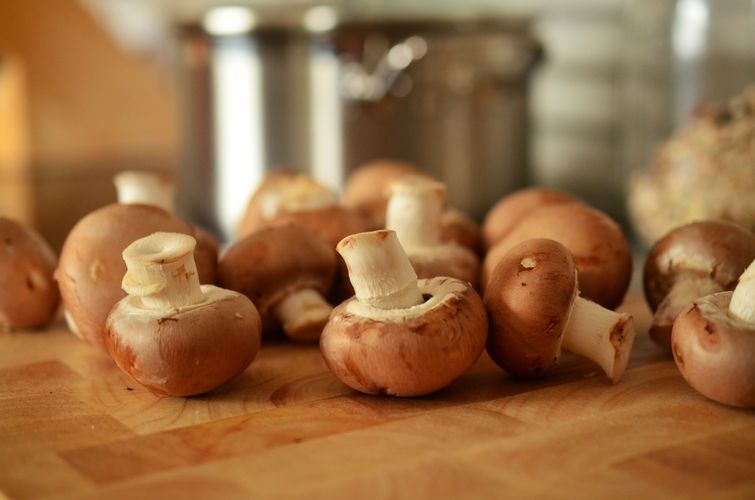Did you have your 'shrooms this week? No? Well perhaps you should. Not the psychoactive kind! Though those show many promising benefits, that is a different topic for a different day.
In recent years, there have been many great research projects showcasing the healing and regenerative properties of mushrooms. They've been proven especially beneficial to the human immune and nervous systems and have been used for centuries in Asia to fight cancer. They are also tremendous at healing the environment. Did you know that they can clean up toxic waste sites?1
Yep, it can be argued that mushrooms, like most natural remedies, are multi-faceted superstars. Though used for a variety of health concerns, they show wondrous results in three key areas:
- Cancer Fighting
- Immune Health
- Brain/Nervous System/Mental Health
Let's Start with Kicking Cancer's Butt!
A few varieties of mushrooms have shown great promise but the Reishi and Turkey Tail varieties standout.
A joint recent research study, conducted by the New York University (NYU) Cancer Institute and the Universidad Central del Caribe, School of Medicine, Bayamón, Puerto Rico, showed Reishi (Ganoderma lucidum*) to be very effective at stopping breast cancer tumor growth2. Additionally, even more exciting, the research shows that it shrinks cancerous tumors.
The researchers studied Inflammatory Breast Cancer (IBC), a rare aggressive and lethal type of breast cancer that has a 5-year 50% survival rate compared to non-Inflammatory Breast Cancer that has a 5 year survival rate closer to 80%. Standard IBC treatment involves non-targeted chemotherapy or a combination of radiation therapy, hormonal therapy and surgery. This standard treatment has generalized destructive effects meaning, it kills both cancerous and non-cancerous cells. Naturally, researchers were interested in finding therapeutic options that are more targeted. To be blunt, radiation kills cancer cells, but it also kills healthy cells that a cancer patient desperately needs. Not ideal.
Reishi, is full of polysaccharides that stimulate the immune system. Of course, an active immune system is better equipped to find and fight cancer cells than a sluggish one. However, that is just the tip of what Reishi accomplishes. It also has triterpenes that are poison to the cancer cells but NOT to the healthy cells. The result is that it suppresses the growth of the cancer and inhibits it from spreading.
So, should you add Reishi to your regimen if you have breast cancer? Yes. Definitely. Many studies that test the healing properties of herbs test a highly concentrated extract. For example, in Germany Gingko Bilboa is commonly prescribed by doctors for treatment of Alzheimer and Dementia because it has been widely tested and scientifically proven. However, if you purchase it in the States you are most likely not getting the concentrated version. Meaning it may take longer and higher dosages to show affect.
Fortunately, this study used a commercially available Reishi called ReishiMax GLpTM, produced by Pharmanex Inc., an American company located in Utah.
Additional reading if you are interested:
* In scientific fields it's important to use the Latin name of botanicals since common names are sometimes country specific. In addition, there are often large differences in medical constituents depending on the plant variety used.
References:


